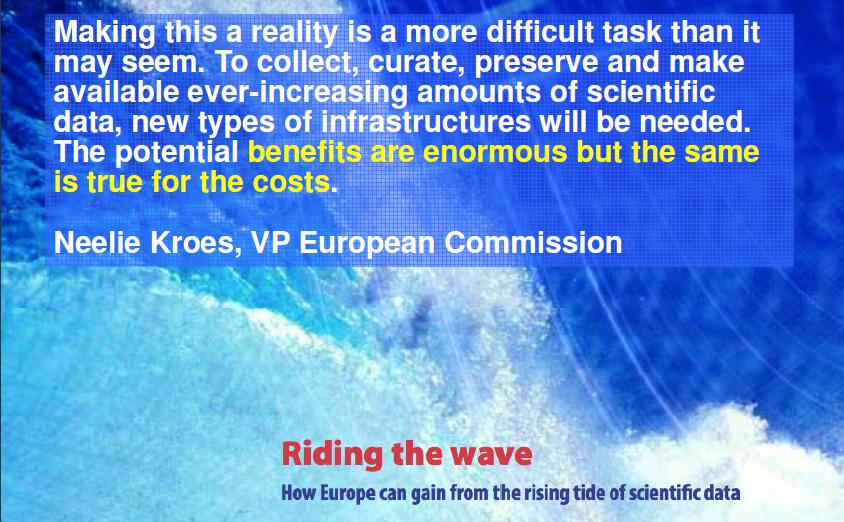DL.org announces the Tutorial on Digital Libraries: Foundations & Interoperability during the Extended Semantic Web Conference, 29 May – 2 June 2011, Heraklion, Greece. The half-day Tutorial focuses on the DL.org Reference Model, a conceptual framework for Digital Libraries, coupled with real-world examples and a hands-on session. The aim of this tutorial is to introduce the audience to the state-of the art in Digital Libraries documenting the significant effort towards building a common language to express key issues surrounding interoperability.
The tutorial covers the core concepts characterising Digital Libraries: content, functionality, user, policy, quality and architecture. The tutorial features a rich mix of presentations, interactive discussion, demos and hands-on with comprehensive examples of existing systems that apply semantic technologies to help exemplify abstract concepts. Participants will come away with a conceptual framework and new knowledge on DL.org’s approach to Digital Library Interoperability, Best Practices and Modelling Foundations enhancing their research and professional practices. To ensure maximum impact, DL.org will provide tutorial attendees with a Virtual Reading List and pointers well ahead of the event.
Presenters
- Yannis Ioannidis, University of Athens
- Donatella Castelli, Institute of Information Science & Technologies, National Research Council of Italy
- Leonardo Candela, Institute of Information Science & Technologies, National Research Council of Italy
- Katerina El Raheb, University of Athens
Target Audience
The tutorial is designed for researchers and practitioners dealing with different aspects of semantic technologies, specifically Information Scientists, PhD candidates, Engineers, Digital Library Designers and Administrators, as well as Digital Libraries Managers, Librarians and Information Scientists attending ESWC 2011.



